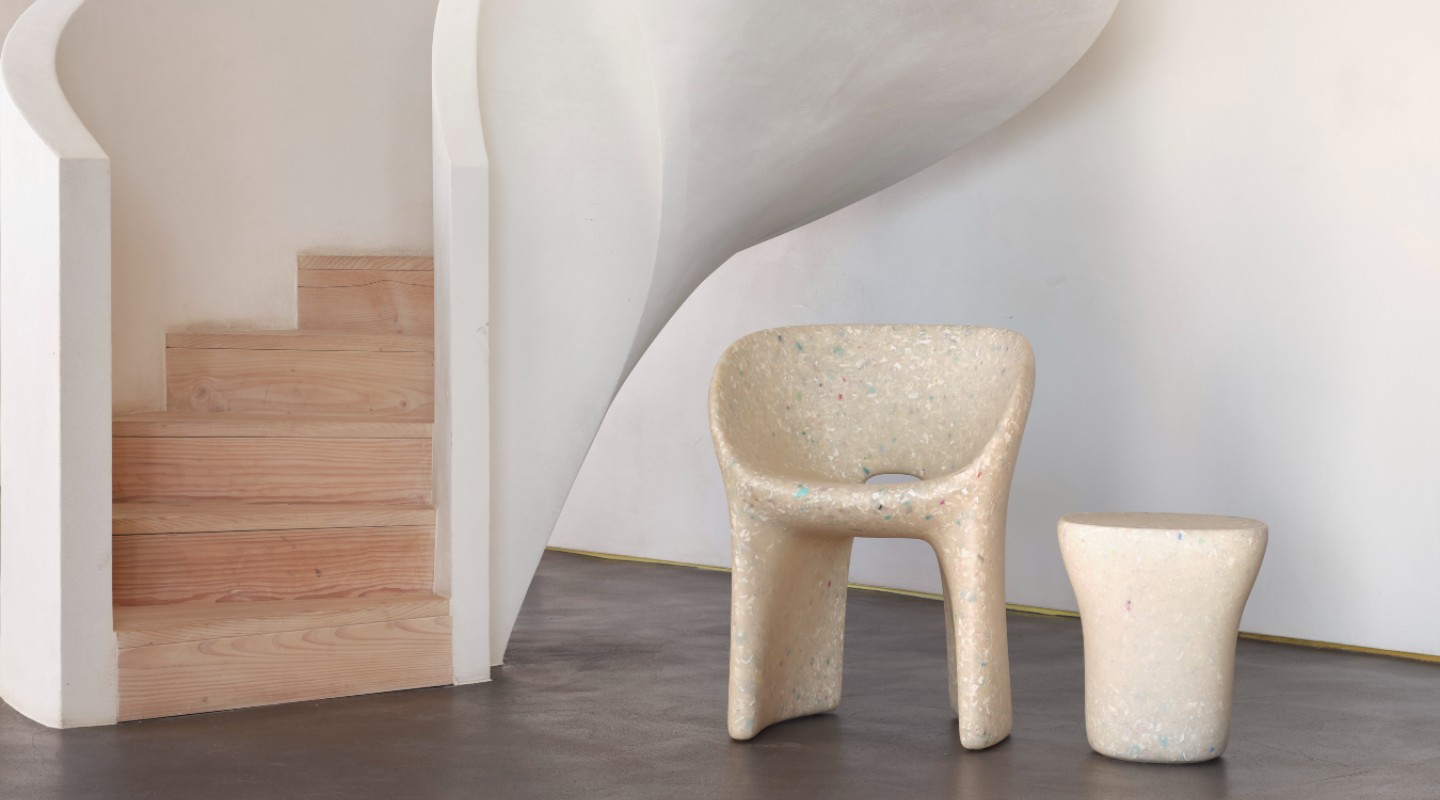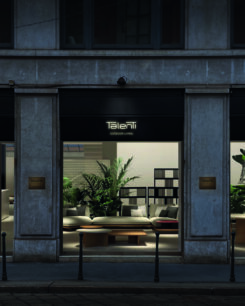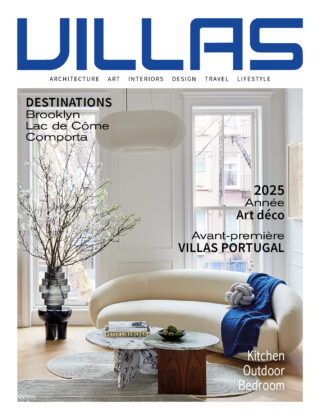Sommaire
An eco-friendly design interior
Faced with ecological challenges, many sectors have started to think green. Acting for the sustainable cause has become a necessity, so the field of eco-responsible decoration has gradually become more democratic. Is this a green trend or a personal conviction? What we can be sure of, however, is a sustainable future with more respect for the planet.
Indeed, the design sector has a significant impact on the environment, given the many new collections released each year. As consumers, we can take action to protect the planet’s resources. A more responsible approach in the field of decoration consists in favoring short circuits, local and artisanal furniture made in Europe, or recycling and the circular economy. In short, it means a shift towards more ethical and committed brands: designers, manufacturers or distributors who follow a slow design approach, a concept aimed at slowing down the pace of production and putting people at the center of their values.
In this way, our interiors reconcile aesthetics with sustainability. Every object tells a story. The furniture is no longer there just to dress up the space, but also to reflect our commitments.
Ecological awareness among designers and interior decorators
The design industry undoubtedly has a significant impact on the environment and its ecological footprint. Designers and architects are aware of these negative effects and have decided to take action. Many publishing and interior design companies have also joined the green revolution.
From responsible production processes to the use of recycled materials and local know-how, they are innovating to offer eco-friendly solutions. All this, without skimping on aesthetics. They prove that sustainable furniture can also be beautiful. A trendy approach by many professionals, including Belgian architect Vincent Callebaut and Italian designer Stefano Boeri, who are both concerned about preserving the planet.
To be considered sustainable, a piece of furniture must meet certain strict standards and carry certain labels. Environmental protection must be integrated from the design stage and must be the guiding principle at all stages of the production chain, as well as throughout the product’s life cycle. Ethical and solidarity criteria are also taken into account. This is a great challenge, but one that has been met with brilliance by certain professionals in the world of design who have mastered the principle of recovery or ecodesign and ecodesign: the desire to design products that respect the principles of sustainable development.
“If design wants to assume its ecological and social responsibility, it must be revolutionary and radical. It must claim for itself the principle of the least effort from nature, doing the most with the least.” Victor Papanek, Austrian-American designer and forerunner of ecodesign.
Green and sustainable furniture to discover in Belgium and Europe
Ready to consume differently? Many Belgian distributors offer new possibilities and make it possible to find green pieces without renouncing design.
From the living room to the bedroom, through the living room, Kewlox, a Belgian publisher, has been committed to sustainable furniture for more than 60 years. The circular approach is an integral part of the brand’s DNA. The company recycles, renovates or reworks materials and small parts to use them in a new product. The circular economy is integrated into all stages of the production process. The company is also PEFC certified, a certification that promotes sustainable forest management. In terms of aesthetics, Kewlox emphasizes a timeless, ingenious and customized design. A concept aimed at preventing replacement according to the trends, to be discovered in Namur, Brussels, Antwerp or Liege
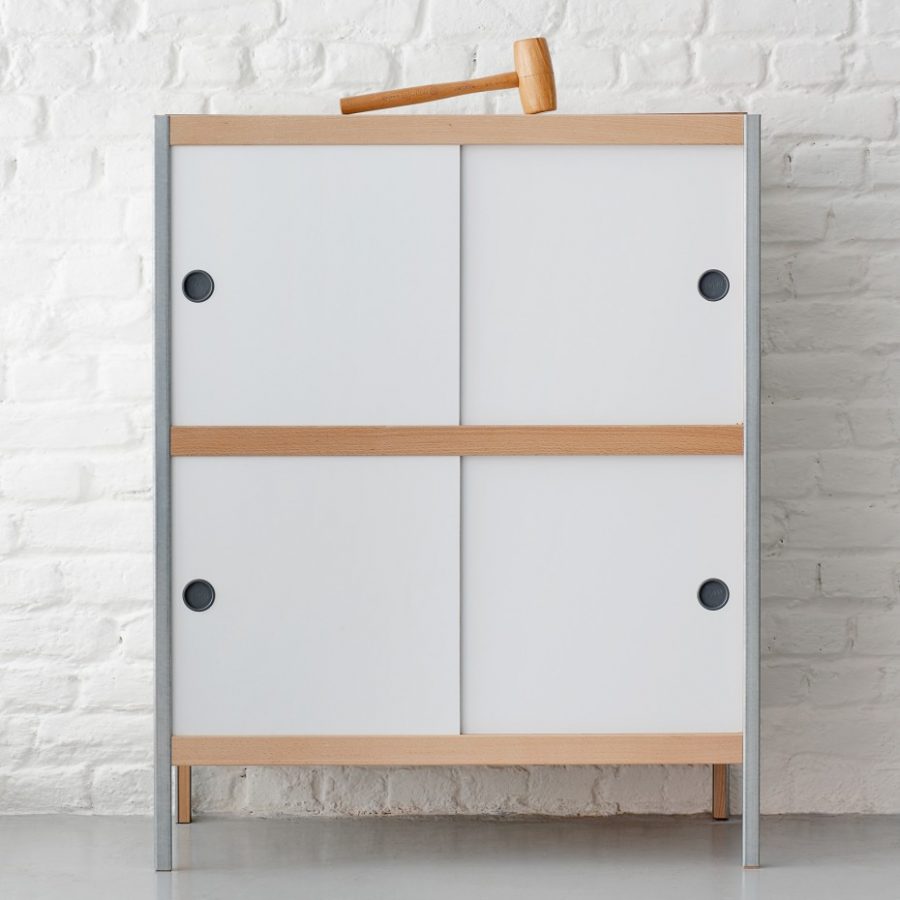
Kewlox | Merelhart
In Benelux, the distributor Trust Studio is also committed to more sustainable design. Guided by respect for people and nature, the founders are ambassadors for ecologically responsible brands such as DesignByThem, which integrates sustainable initiatives into its design, Black Cork, a collection of interior furniture made from cork, and Cumellas, a brand of handmade carpets made from natural materials.
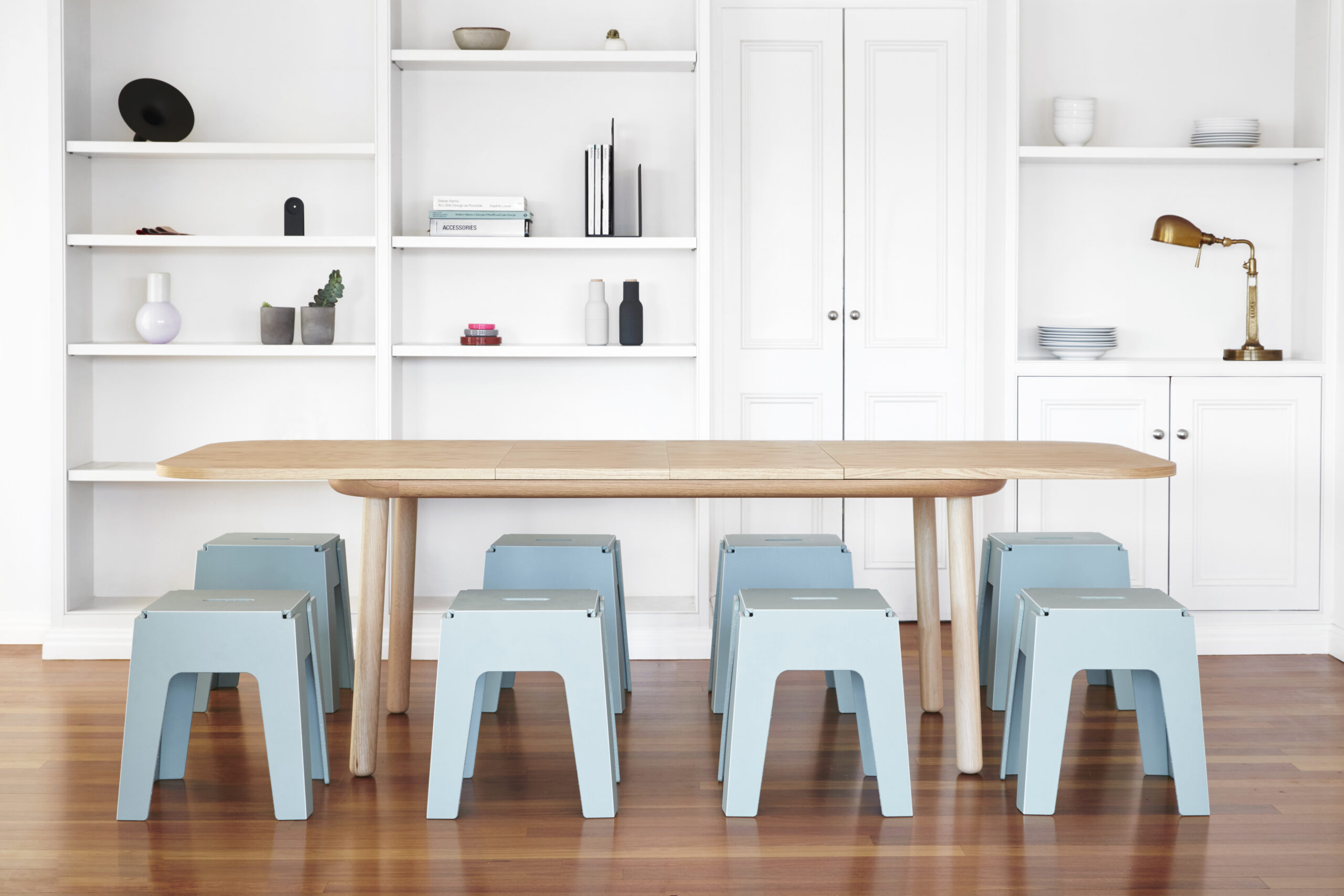
DesignByThem
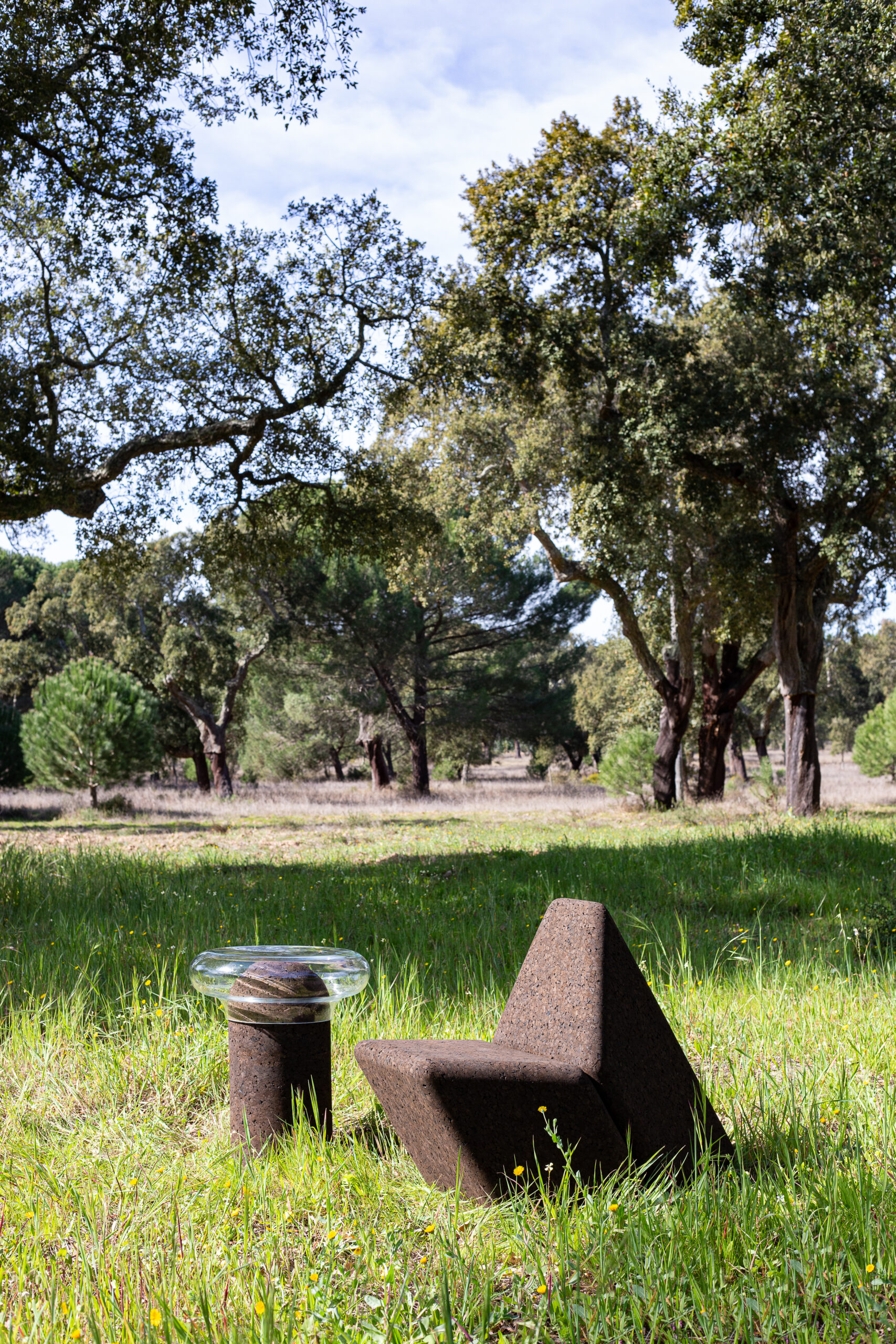
Black Cork
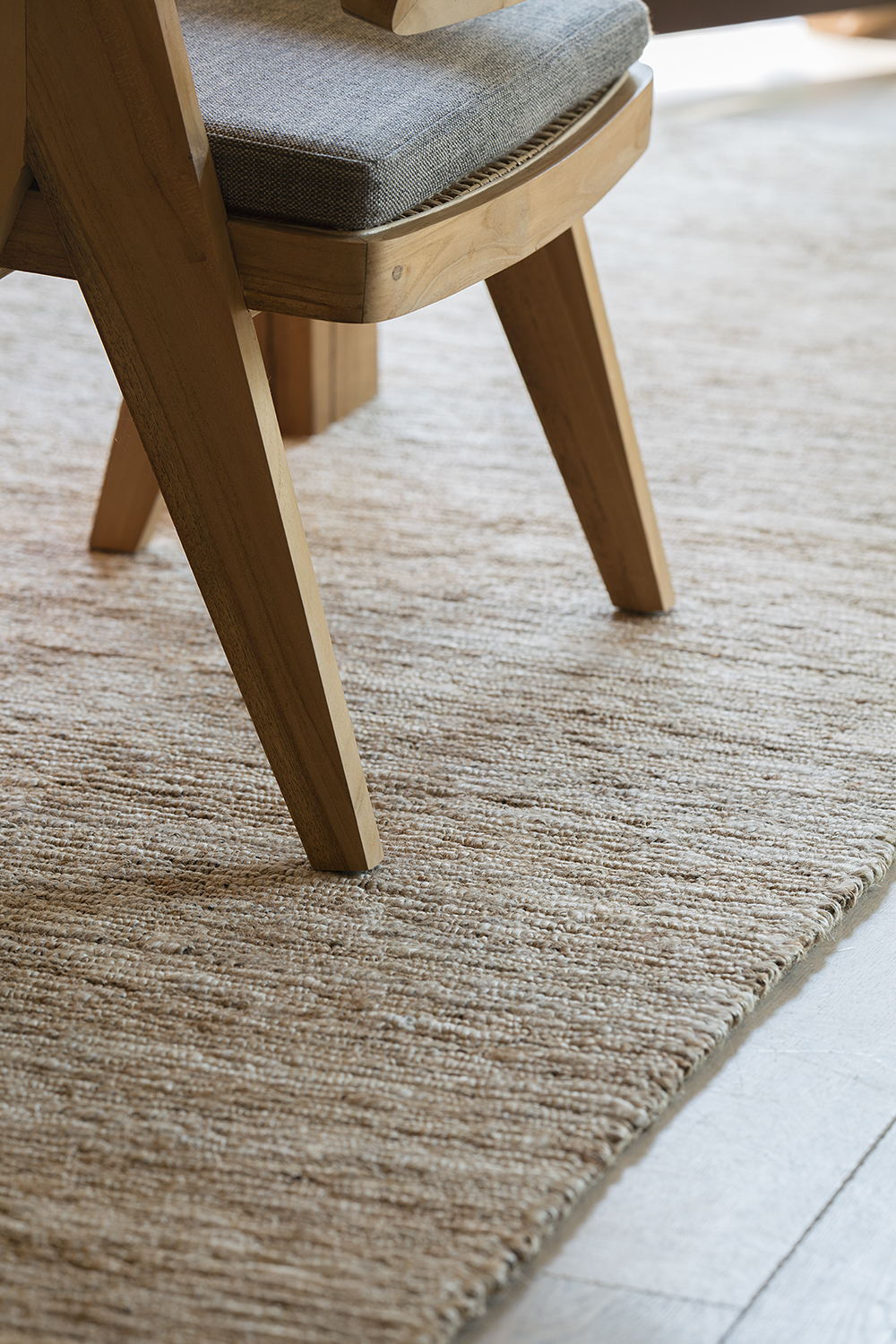
Cumellas
Based in Antwerp, ecoBirdy‘s founders and designers Vanessa Yuan and Joris Vanbriel create solutions to environmental problems using innovative technologies. In 2018, ecoBirdy launched its first collection of sustainable children’s furniture made from plastic toys.
By transforming household plastic waste into inspiring furniture, the designers have created a new concept. Their constant search for solutions to plastic waste led the duo to create a beautiful new furniture set. The Richard chair, Judy side table, Frost table and Mabo sign prove that recycled plastic waste can meet any need.
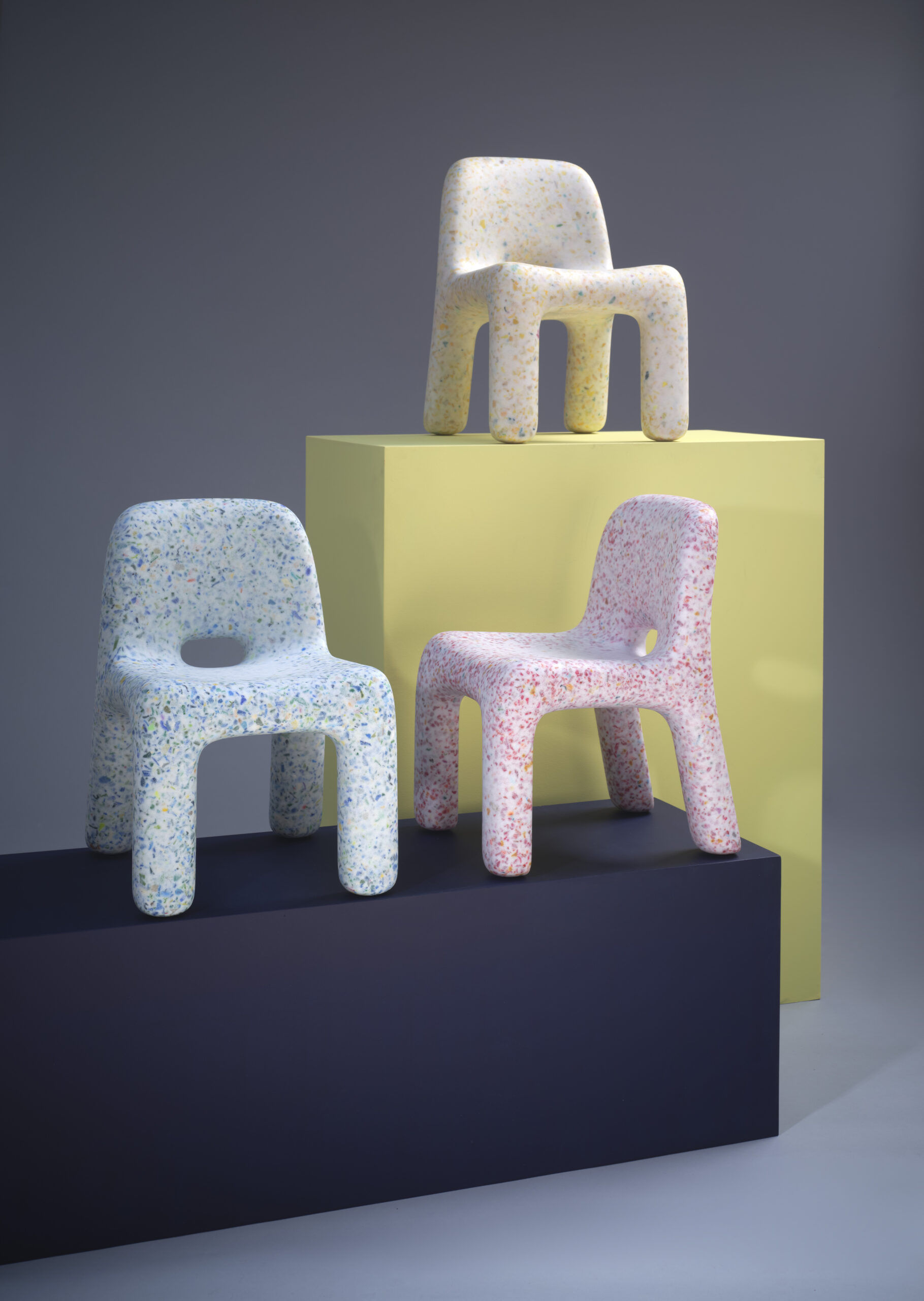
ecoBirdy KidsCollection
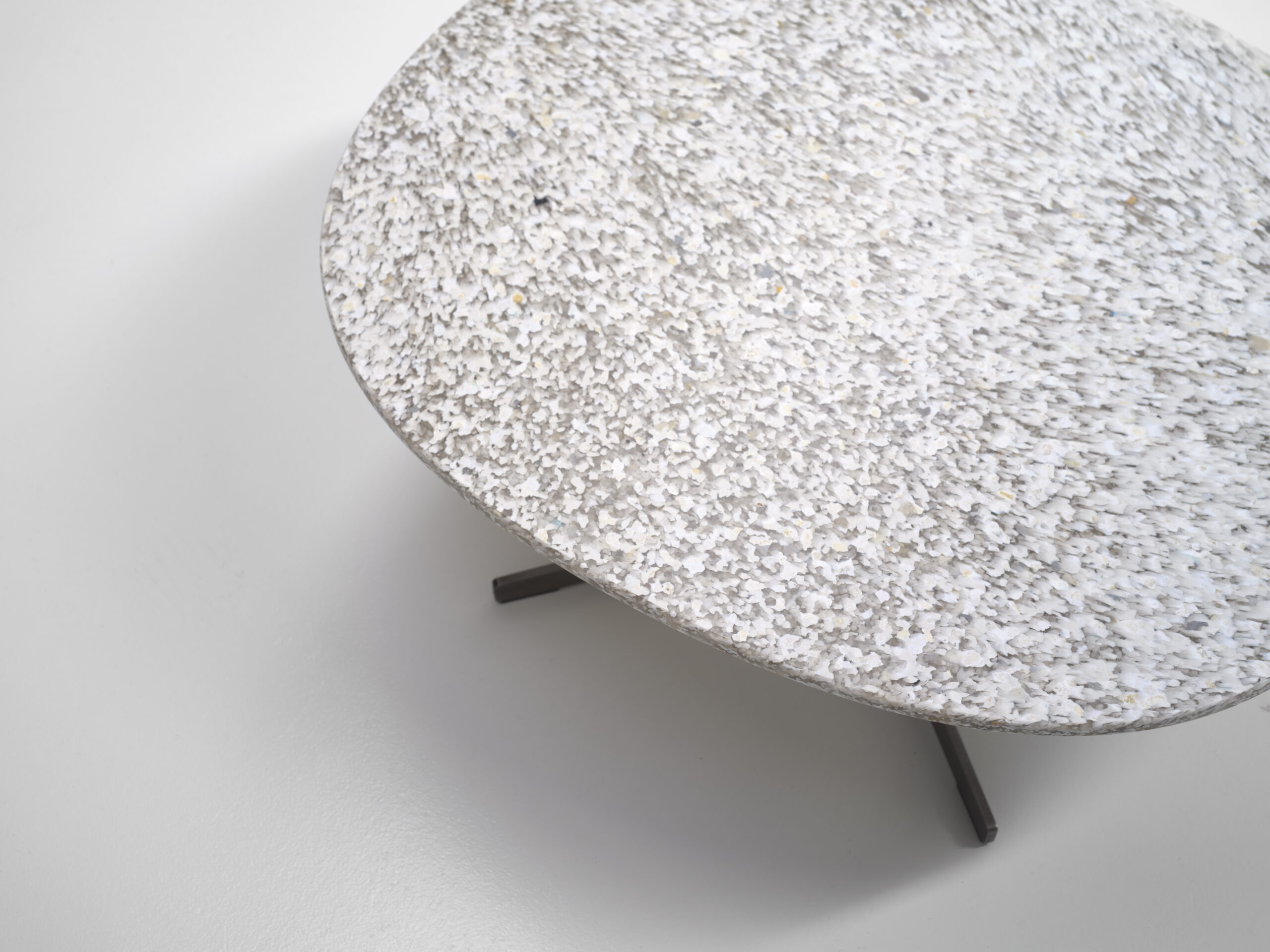
ecoBirdy Frost Table
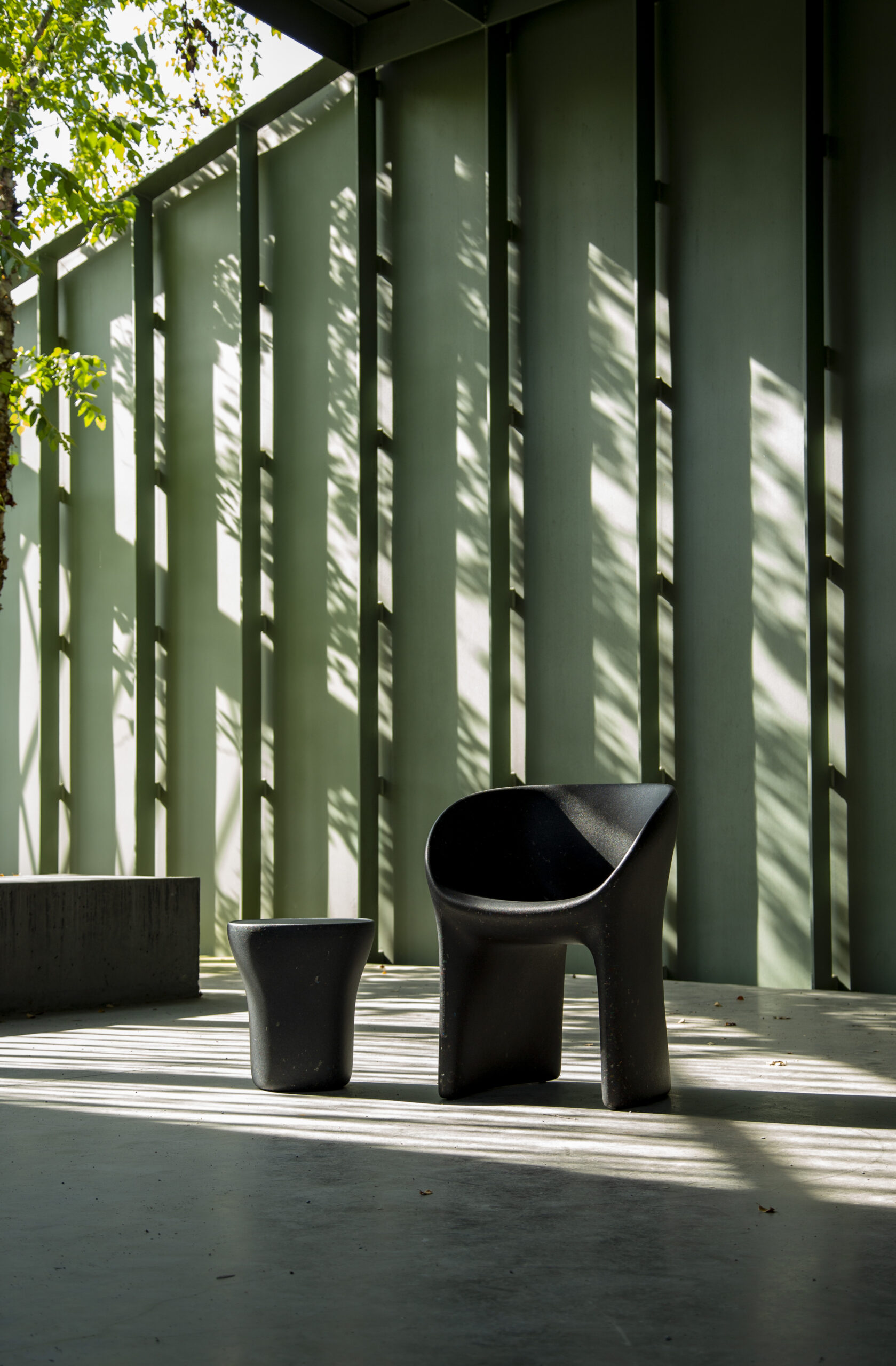
ecoBirdy Richard Chair & Judy Table
If we leave Belgium, we can find other European publishers, with a global reputation, who are committed to an ethical approach:
- Vitra, whose sustainability is at the core of its corporate culture. “Vitra’s greatest contribution to sustainability lies in its products, which have an above-average lifespan and have to do without anything superflu. Our history in modern design would allow nothing else.” Nora Fehlbaum, CEO of Vitra
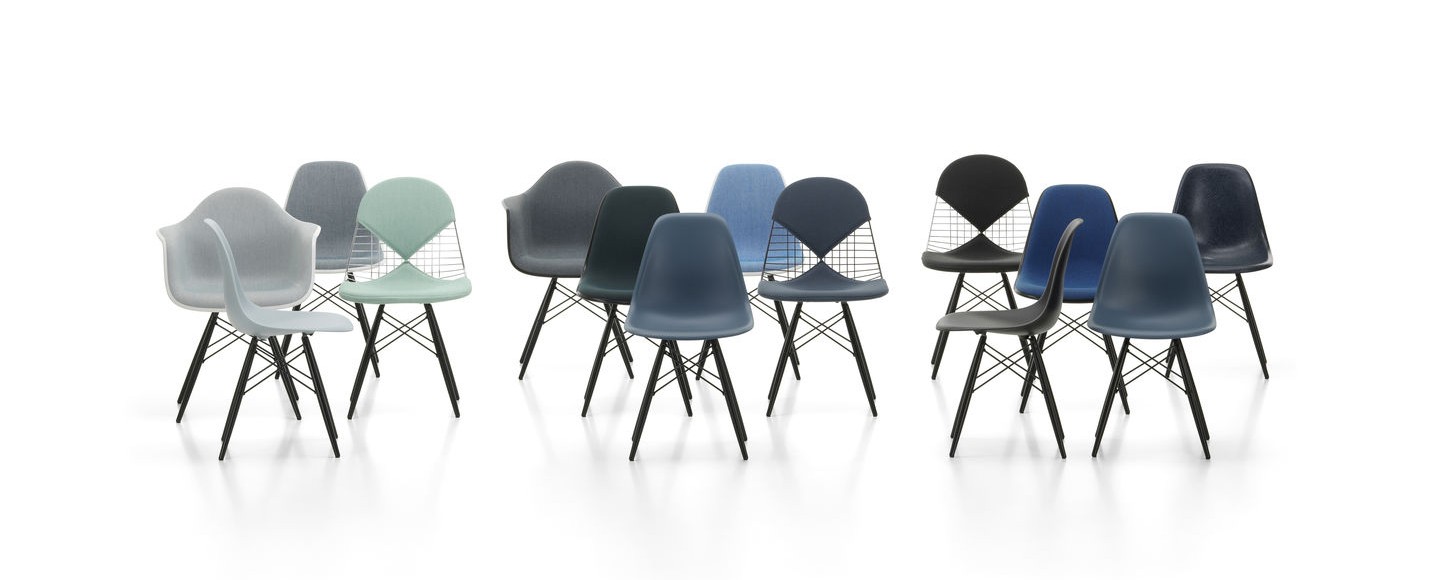
Vitra
- Porro, an Italian publishing company, which has redesigned its production line to be more sustainable and environmentally friendly.
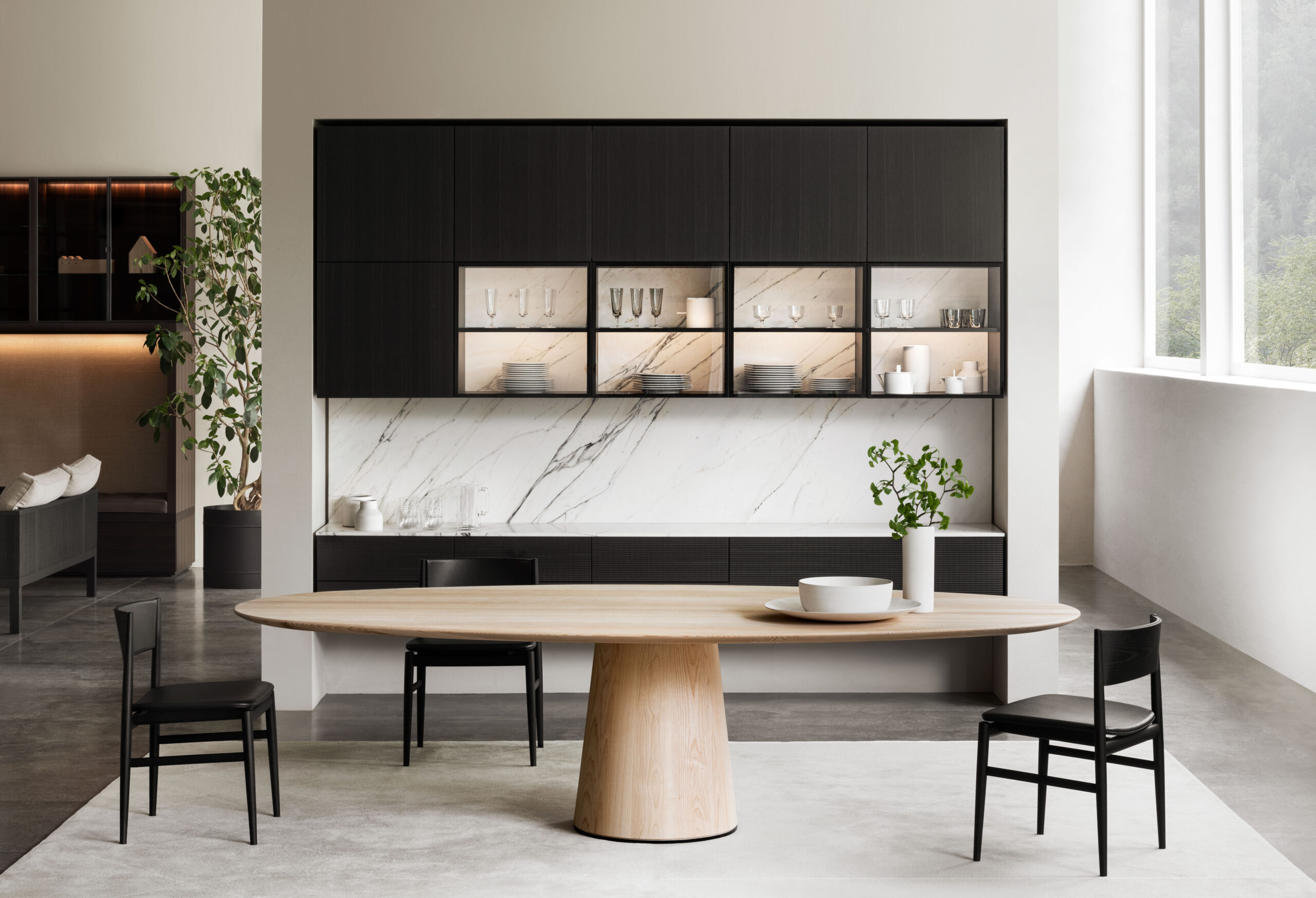
Porro
- CC-tapis and its contemporary models with high environmental value.
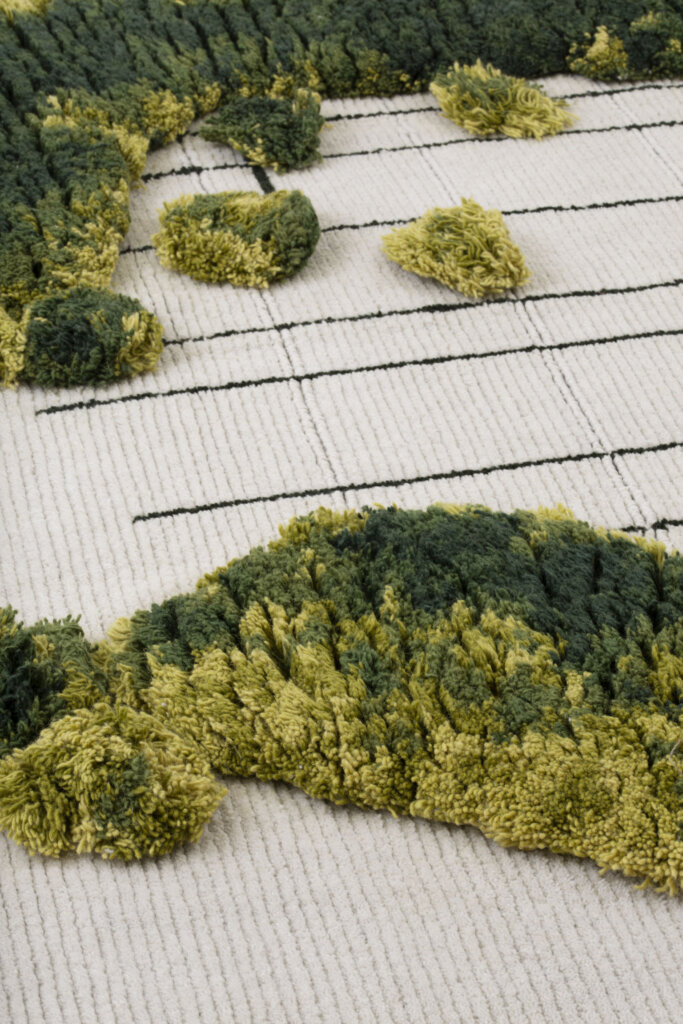
cc-tapis
Putting beauty at the center of an environmentally friendly approach is an aspiration that seems to go without saying for most furniture manufacturers. Environmentally responsible design seems to have a bright future.
